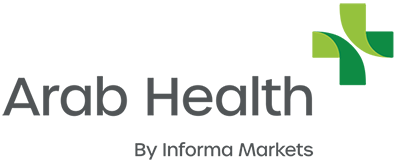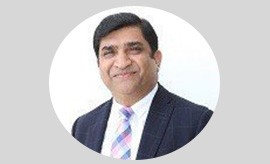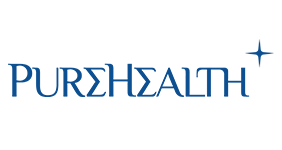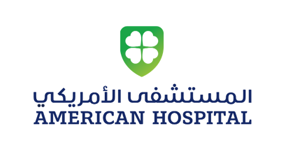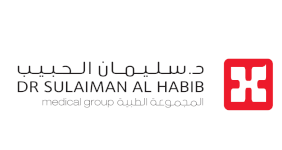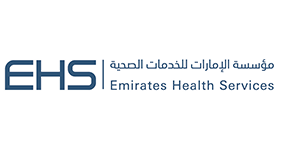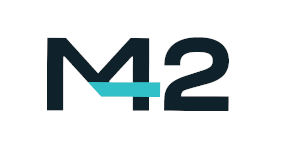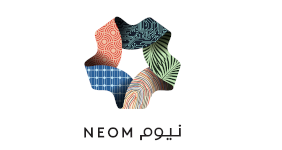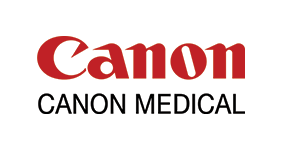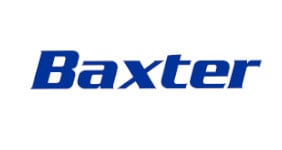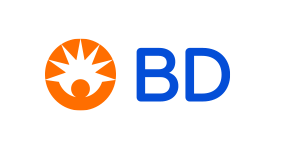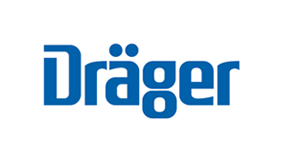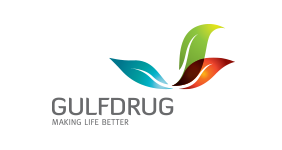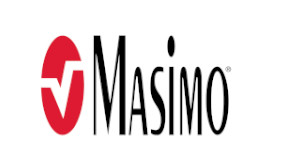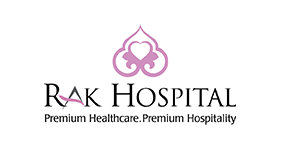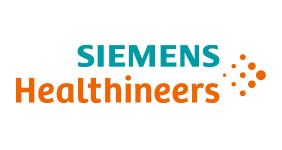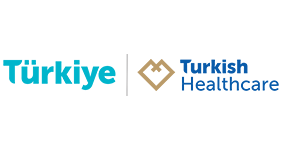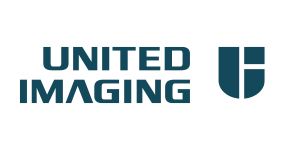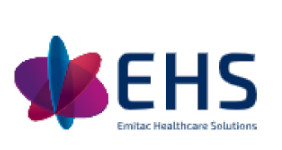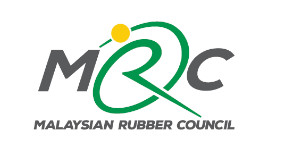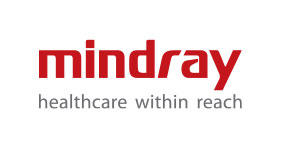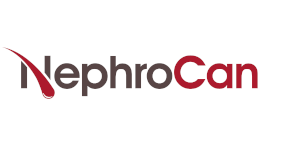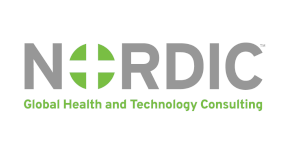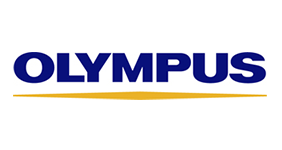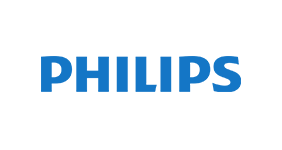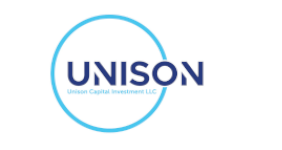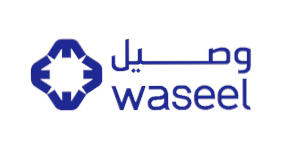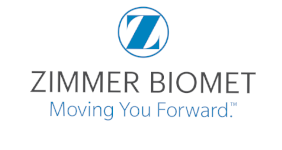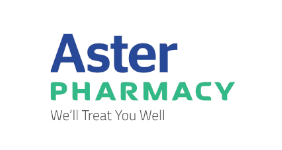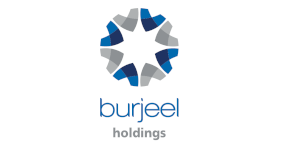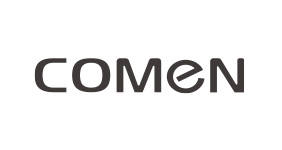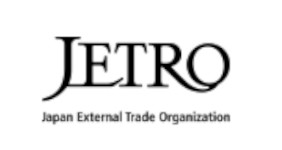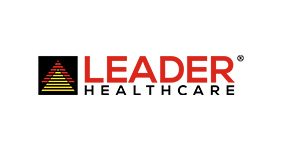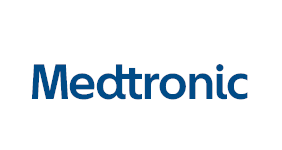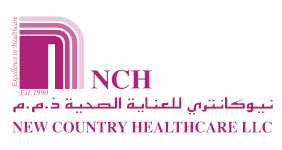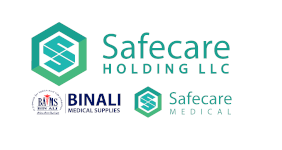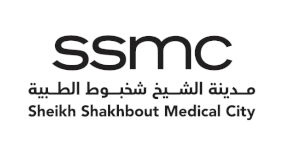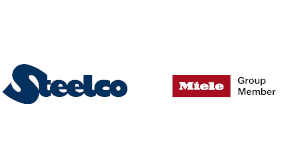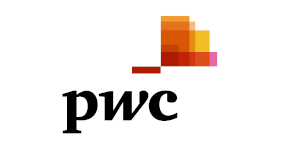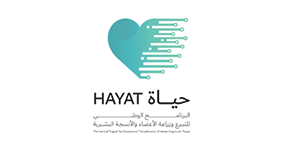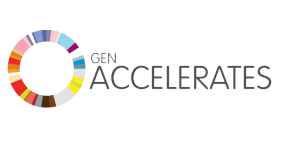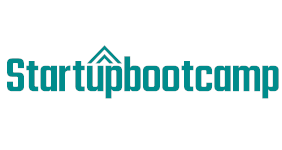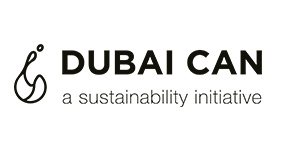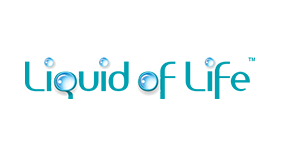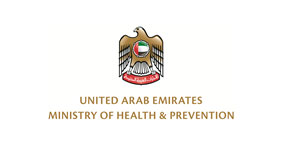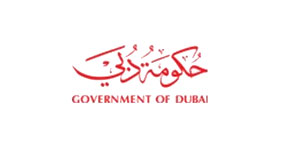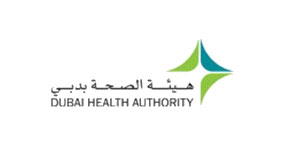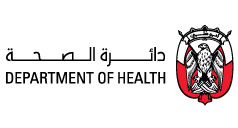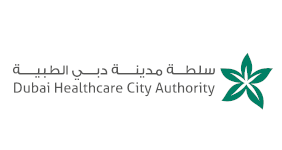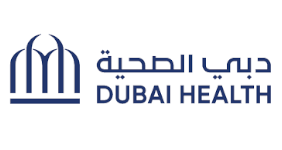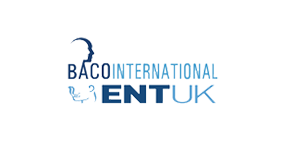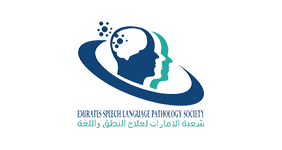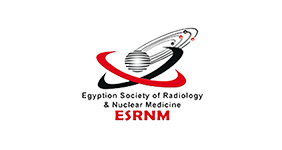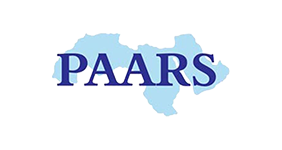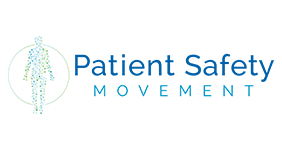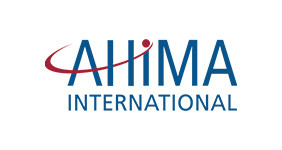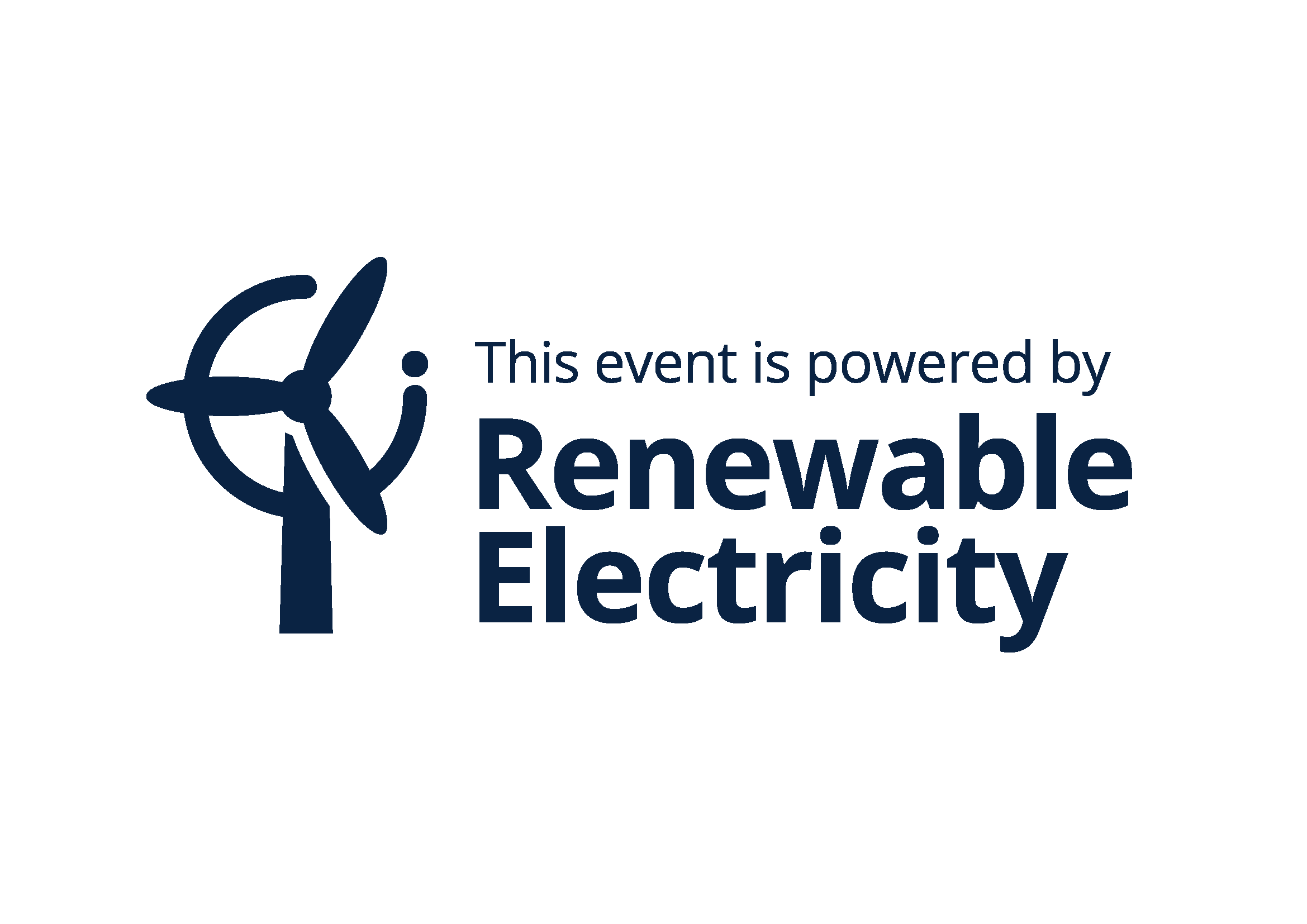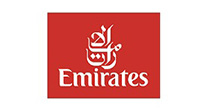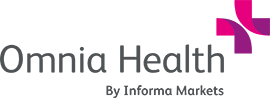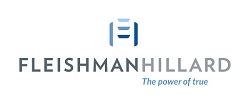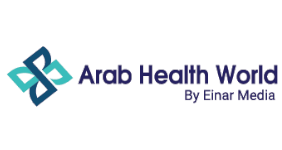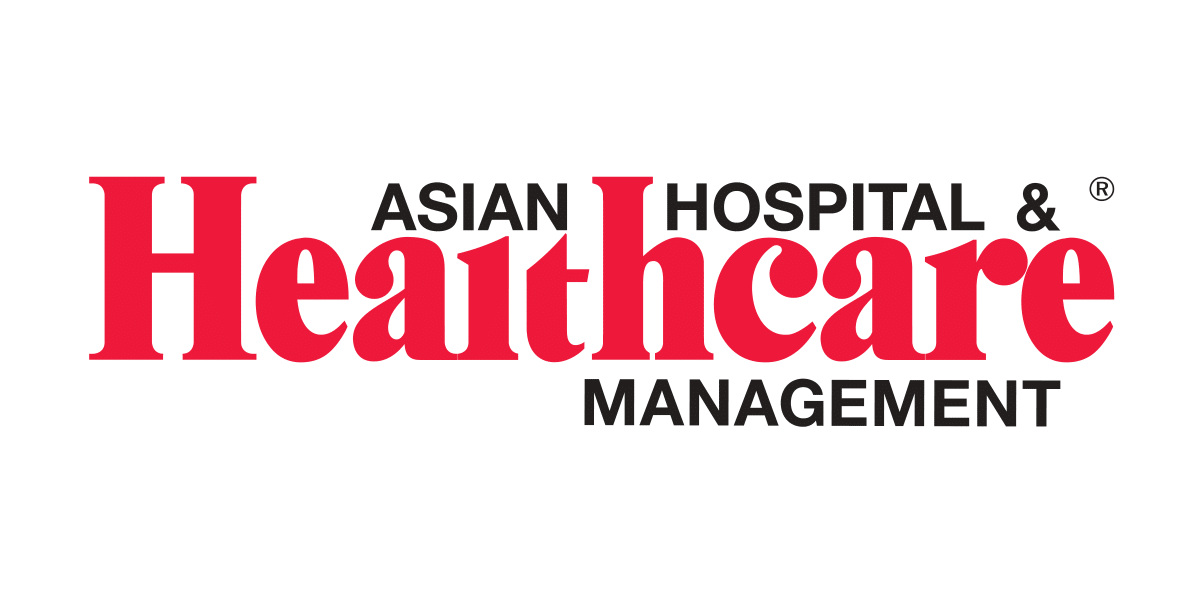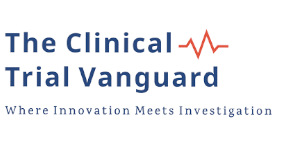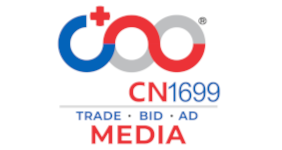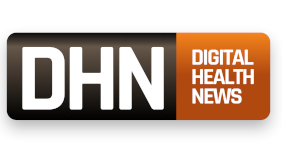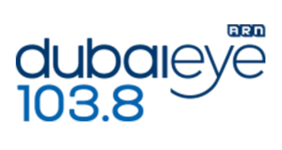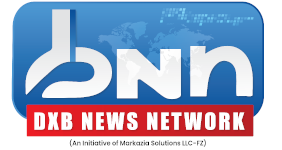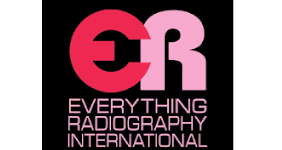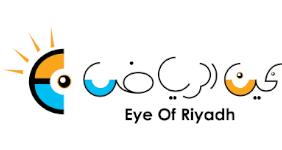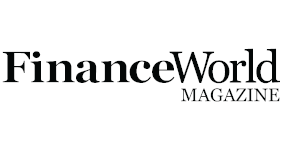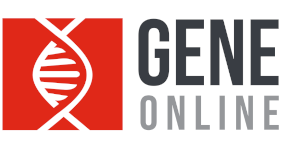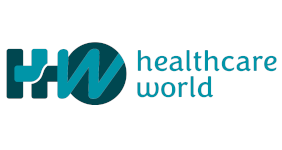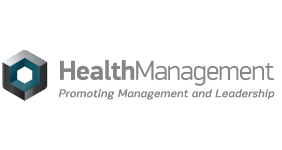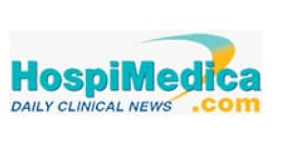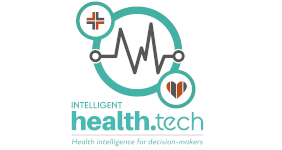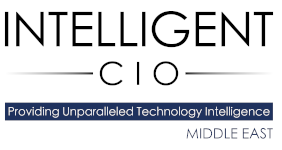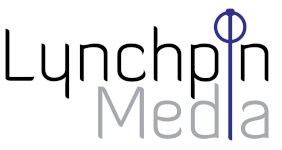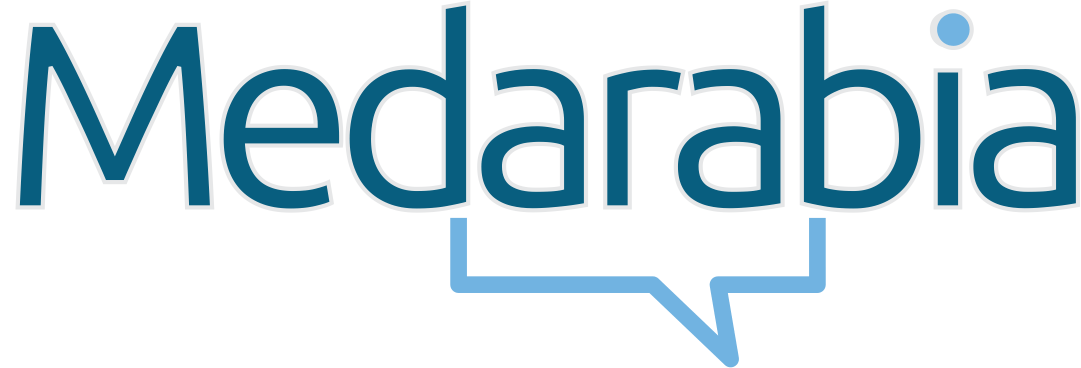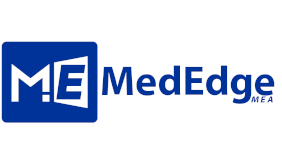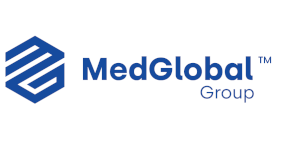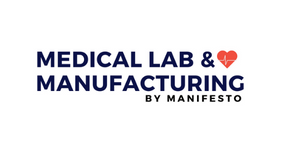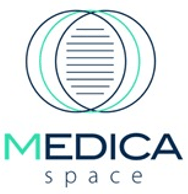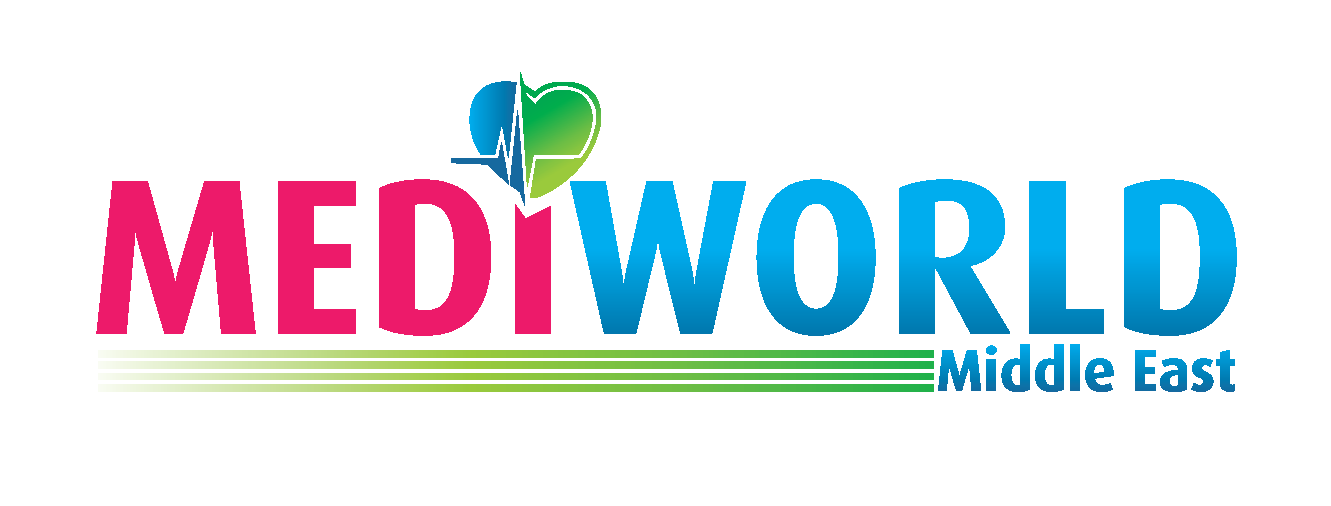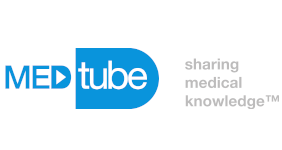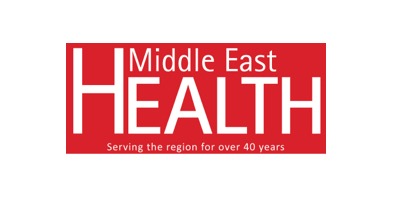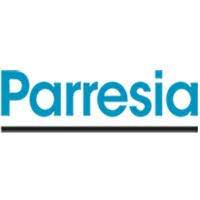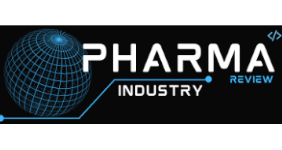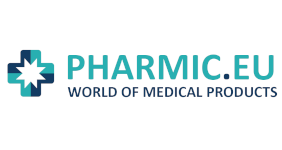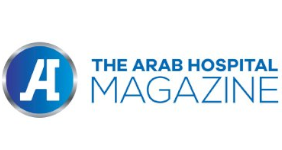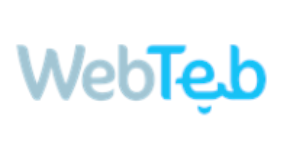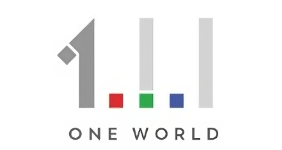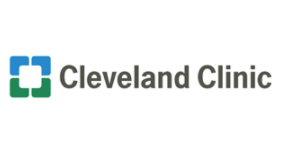At a regional level, digital technologies and medical devices associated with prediction of acute events, bedside diagnosis and visualisation, golden hour management and home-based care are increasingly shaping the care giving experience, according to Sukhdeep Sachdev, CEO, Leader Healthcare. He shares that the savings in time and cost through digital technology are quantifiable. However, what cannot be measured is the enormous impact of health restoration on the patient’s family. He says, "It is this impact that makes each day worthwhile."
As the UAE healthcare sector appears set to continue its impressive growth in the coming decade, what are the opportunities you see for a business entity such as yours in this country/region?
The GCC Healthcare Industry Report published by Arab Health has summed up the positive growth markers very well. I encourage readers to access a copy of this well researched report.
Healthcare expenditure across the GCC may reach US$ 104.6 billion over the next three years. Does this mean more opportunities? Yes, it does. Part of the projected growth is attributed to the prevalence of obesity, diabetes and ageing population. This is not a development to be happy about. Regardless, the key driver for growth is a transformation in the regulatory framework. The ‘PPP Law’ governing public-private partnerships came into force in November 2015 and is now past its teething stage. In addition, the national strategy to position the UAE as a medical tourism destination generates massive opportunities for a business entity like Leader Healthcare. Specialty centres of excellence, one-stop spas for aesthetic enhancements, healthcare simulation centres are some of the projects that Leader Healthcare is equipped to deliver through the Public-Private-Partnership (PPP) and Build-Operate-Transfer (BOT) models of collaboration.
What are the important emerging segments within the medical/medical devices sector that are now poised for growth or which has increased investor interest?
Venture capitalists are increasingly interested in digitally-enabled diagnostics. This is surprising because reimbursement hurdles are persistent, despite the capabilities that digitally-enabled devices and diagnostics deliver. Investors are also demonstrating interest in acquisitions that build end-to-end capabilities in a particular specialty. The merger of Abbott Medical Optics (AMO) with Johnson & Johnson Vision (J&J Vision) is an example. With the addition of AMO’s ophthalmic surgery business, J&J Vision is slated to be a world leader in eye health. Other than this, no clear pattern of investor interest has emerged in 2017-18. This could be because the medtech industry is in transition. The physical, digital and biological spheres of medical technology are converging. This convergence is transforming business models – from product-centric to customer-centric.
As personalised and specialist healthcare is gaining importance, how is digital technology changing the future of healthcare in the UAE? Would you agree that we are in the middle of a healthcare technology revolution? If yes, why?
Digital technology is an enabler, nothing less, nothing more. It is the national vision for healthcare excellence that drives the healthcare revolution in the UAE. Recall the words of His Highness Sheikh Mohammed bin Rashid Al Maktoum, Vice President and Prime Minister of the UAE and Ruler of Dubai, "I want my people to live a better life now, to access good healthcare now, not after 20 years".
Personalised and specialist care is one domain where digital technology adds value. The transformational impact of digital technology can be further appreciated in rehabilitation, healthcare education and primary care. Virtual gaming programmes allow patients to have physiotherapy at home, augmented reality allows students to peel the layers off a virtual human and examine every fascinating detail, telemedicine in primary care has encouraged smokers to quit and successfully wean off nicotine patches. The savings in time and cost through digital technology
are quantifiable. What cannot be measured is the enormous impact of health restoration on the patient’s family. It is this impact that makes each day worthwhile.
Having said this, it may seem that we are in the middle of a healthcare technology revolution. However, it would be another five to 10 years before the healthcare technology revolution gains irreversible momentum. Concerns around data privacy, infrastructure security and data loss are roadblocks that await efficient solutions.
What according to you are some of the promising healthcare technologies that will shape the regional/global healthcare landscape in the near future?
We know that the major disruptors across the global healthscape are likely to be artificial intelligence (AI), augmented reality (AR) and virtual reality (VR). However, lack of regulation and integration roadmap will continue to be a barrier towards adoption, at least for the next five years. This does not apply to healthcare education – AR and VR based teaching tools are shortening the learning curve for life sciences students worldwide. At a regional level, digital technologies and medical devices associated with prediction of acute events, bedside diagnosis and visualisation, golden hour management and home-based care are increasingly shaping the care giving experience.
What is your plan for Arab Health 2019? What products or technology will you be showcasing?
As quoted by His Highness Sheikh Hamdan bin Mohammed bin Rashid Al Maktoum, Crown Prince of Dubai and Chairman of Dubai Executive Council, "The expectations of UAE Nationals and residents from its health sector are higher than any other nation". In line with these expectations, innovative and disruptive technologies are unveiled at the Leader Healthcare booth each year. Life-like CPR manikins for immersive BLS & ALS education are a must-see on Leader Healthcare booth #4D30. These manikins are cast to replicate the physical characteristics of an actual, living human. The process is similar to the Hollywood prosthetics design method. I look forward to seeing you on the booth. You could assist in delivering Lucina’s baby, manage a virtual case of nosocomial infection, or watch the Surgical Cut Suit in action.
What, according to you, are the real benefits and opportunities available to healthcare and trade professionals to attend Arab Health? How would you evaluate the impact of the event on the healthcare industry in the MENA region?
Arab Health is a platform to showcase the best of the best. The four days of Arab Health are a time capsule – one is transported to the near future, one sees healthcare as it should be. Arab Health is an opportunity for infrastructure planners, hospital administration and caregivers to step into a world where the 'impossible is possible'.
Arab Health remains the unrivalled showcase event for the healthcare industry across the MENA region. Its impact is evident from the visitor demographics. Each year, the Leader Healthcare booth sees a consistent footfall from UAE, Oman, Kuwait, Bahrain, Saudi Arabia, Jordan, Egypt, Turkey, Morocco, Sudan, South Africa, India, and Pakistan. Business opportunities culminate in turnkey projects. Leader Healthcare is the Platinum Sponsor of Arab Health for the second consecutive year. Need I say more?
Any other information you may like to add?
Year '2019' marks the 10th year of Leader Healthcare. We welcome one and all to our booth in Hall No. 4 (4D-10), we are also the proud Platinum Partners of Arab Health 2019. Let’s celebrate the past, the present and the future!
